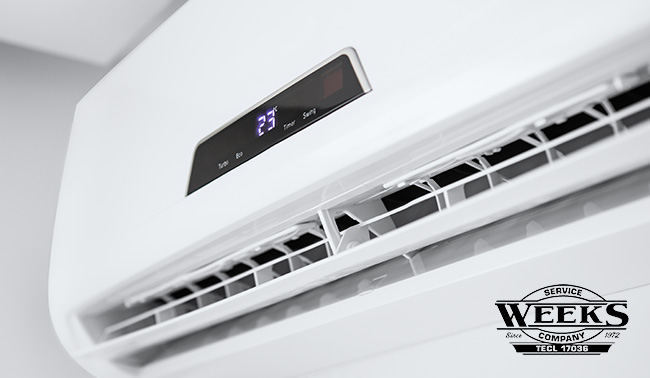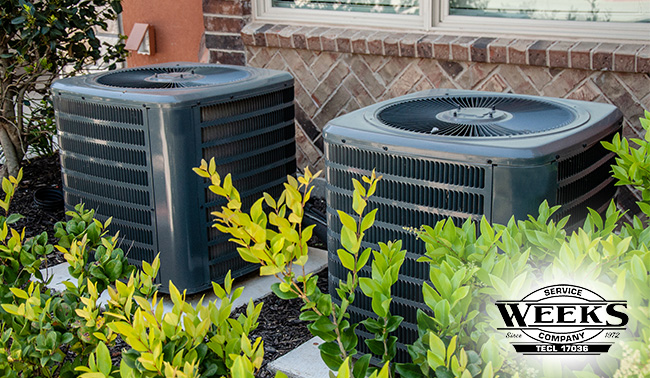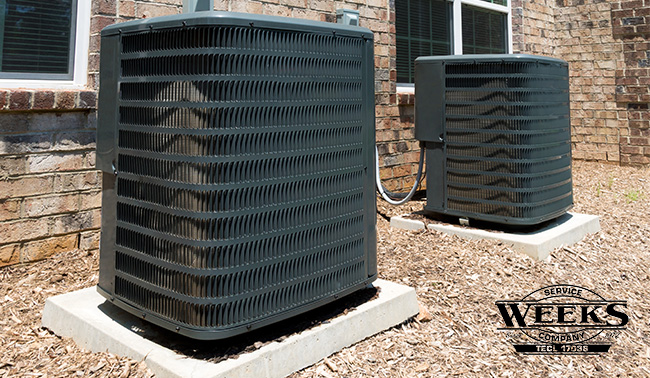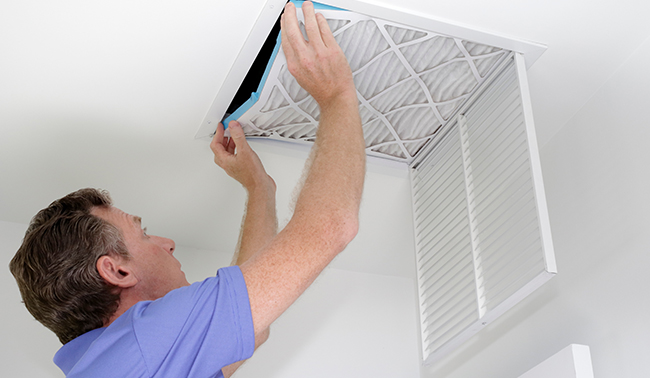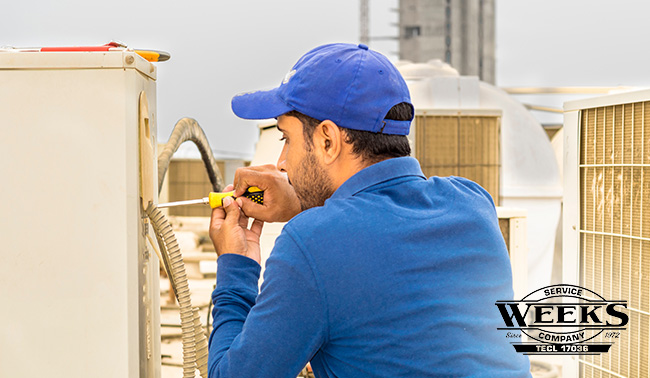As a Texan, you know just how unbearable the summer heat can be. Your air conditioner is truly put to the test in providing relief during the long, hot months. With the extreme temperatures, it’s crucial to keep up with air conditioning maintenance. Proper AC maintenance keeps your system running efficiently all summer long. Let’s look at why AC tune-ups are so vital in Texas weather.
Save Money by Boosting Efficiency
High electricity bills are unavoidable when running your AC constantly in Texas summers. But a lack of maintenance leads to problems that force your AC to work harder, using more energy. Issues like refrigerant leaks, dirty filters, and broken parts make your system labor inefficiently to cool your home. With regular tune-ups by a professional, your AC will operate smoothly and effortlessly. Checks and cleanings optimize airflow, refrigerant levels, and parts. Your AC will no longer struggle or waste energy trying to cool. This boost in efficiency will be evident in lower electricity bills.
Extend the Lifespan of Your System
The extreme Texas climate is hard on AC systems, causing faster wear and tear. A lack of air conditioning maintenance allows issues to go undetected, accelerating the breakdown of components like compressors. Parts degrade more rapidly when problems are left unchecked. Consistent maintenance helps maximize your AC’s lifespan by spotting small issues before they become major repairs. Annual tune-ups identify and fix minor problems early.
Breathe Healthier Air
Indoor air quality matters, especially when your home has to stay tightly sealed against the sweltering outdoors. A lack of maintenance allows mold, dirt, and dust to accumulate in your AC ducts. These allergens and irritants get blown into your home’s air. Professional maintenance cleans your full system to flush out contaminants. Proper tune-ups mean cleaner, healthier air circulating through your home all summer.
Rely on Your AC in Emergencies
Texas weather brings dangerous heatwaves and summer power outages. In these critical times, a well-maintained AC can be a real lifesaver. Units riddled with lingering issues are prone to breaking down when you need them most. Don’t let your AC fail you in an emergency. Consistent maintenance reduces breakdowns by spotting problems early. Your system will be ready for the tough task of running nonstop through power outages and extreme heat.
By making air conditioning maintenance a high priority, you ensure maximum reliability, efficiency, and longevity from your system. According to Gitnux, almost 90% of households in the U.S. have air conditioning systems. If you’re looking to get your AC unit maintained, schedule an appointment with Weeks Service Company today.



